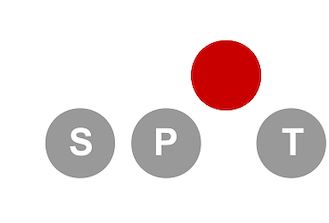A Practical Guide with Examples in Python
A new book on the important topic of Online Machine Learning has now been published by Springer in the series “Machine Learning: Foundations, Methodologies, and Applications”, see https://link.springer.com/book/10.1007/978-981-99-7007-0. 😁 🤸♂️ 🎉
The book presents a systematic comparison of OML and BML in terms of performance, time and memory.
It explains how OML can be customized by hyperparameter tuning.
It is accompanied with code on GitHub, see https://github.com/sn-code-inside/online-machine-learning.
Keywords:
Online Machine Learning
Machine Learning
Artificial Intelligence
Drift Detection
Supervised Learning
Python
Abstract:
This book deals with the exciting, seminal topic of Online Machine Learning (OML). The content is divided into three parts: the first part looks in detail at the theoretical foundations of OML, comparing it to Batch Machine Learning (BML) and discussing what criteria should be developed for a meaningful comparison. The second part provides practical considerations, and the third part substantiates them with concrete practical applications.
The book is equally suitable as a reference manual for experts dealing with OML, as a textbook for beginners who want to deal with OML, and as a scientific publication for scientists dealing with OML since it reflects the latest state of research. But it can also serve as quasi OML consulting since decision-makers and practitioners can use the explanations to tailor OML to their needs and use it for their application and ask whether the benefits of OML might outweigh the costs.
OML will soon become practical; it is worthwhile to get involved with it now. This book already presents some tools that will facilitate the practice of OML in the future. A promising breakthrough is expected because practice shows that due to the large amounts of data that accumulate, the previous BML is no longer sufficient. OML is the solution to evaluate and process data streams in real-time and deliver results that are relevant for practice.
In addition to this book, interactive Jupyter Notebooks and further material about OML are provided in the GitHub repository (https://lnkd.in/eG4vMZ3S). The repository is continuously maintained, so the notebooks may change over time.

